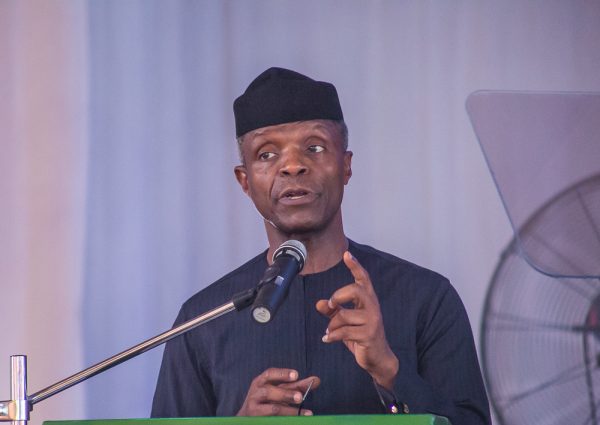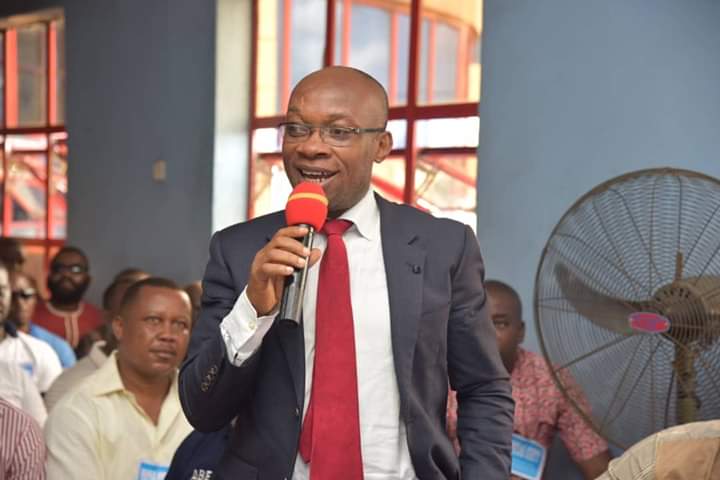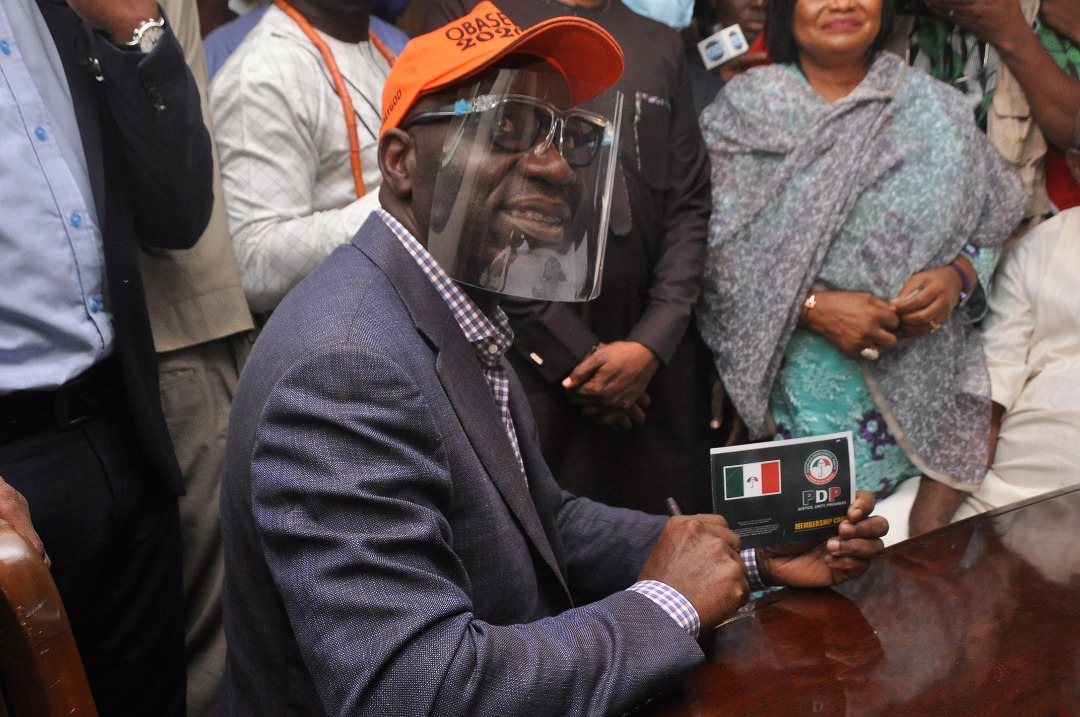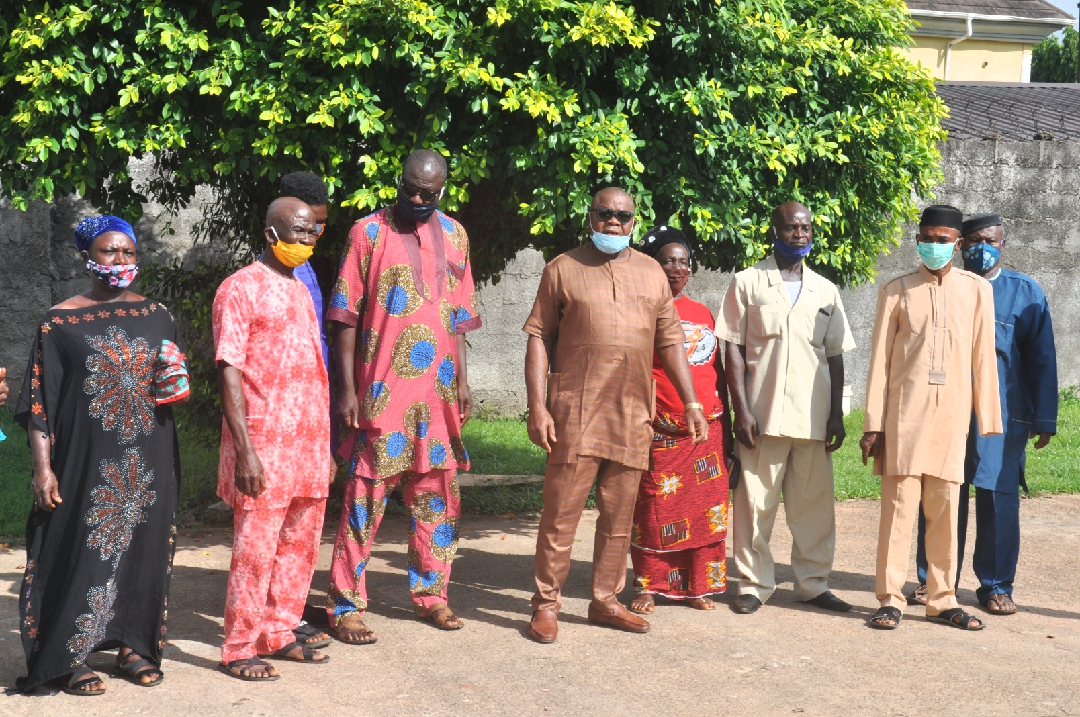Vice-President Yemi Osinbajo says something must be done to reduce the current cost of governance.
Speaking at a webinar hosted on Zoom by Emmanuel Chapel on Friday, Osinbajo described the governance structure as “large and expensive”.
He stated this while responding to a question from Muhammadu Sanusi, former emir of Kano.
While speaking as a panellist at the seminar, Sanusi said there was a need to “reduce structural cost and make government more sustainable over the long term.”
Advertisement
In his response, Osinbajo affirmed the need to reduce cost, but said it may be a little difficult considering the structure of the constitution.
“There is no question that we are dealing with a large and expensive government. But as you know, given the current constitutional structure, those who would have to vote to reduce government, especially to become part-time legislators, are the very legislators themselves. So, you can imagine that we may not get very much traction if they are asked to vote themselves, as it were, out of their current relatively decent circumstances,” he said.
“So, I think there is a need for a national debate on this question and there is a need for the will to ensure that we are not wasting the kind of resources that we ought to use for development on overheads.
Advertisement
“At the moment, our overheads, as you know, are almost 70 per cent of revenues. So, there is no question at all that we must reduce the size of government.
“Part of what you would see in the Economic Sustainability Plan also and several of the other initiatives is trying to go, to some extent, to what was recommended in the (Steve) Oransaye Report; to collapse a few of the agencies to become a bit more efficient in terms of how we use current MDAs and those that we do not need anymore, and also, generally speaking, trying to make government much more efficient with whatever it has.”
He cited the use of the Integrated Payroll and Personnel Information System (IPPIS) and how it has helped to address the menace of ghost workers.
“At the moment, we know that given what has been done already, the size of the workforce that we thought we had probably isn’t true. And that goes for several of the services as well,” he added.
Advertisement
“As we bring the military onto the IPPIS platform, and as we bring the universities also onto the electronic platform, we will definitely be able to reduce some of the waste that we see at the moment, which is a lot of money being spent on ghost workers and ghost entities generally. So, there is no question at all. We must do something about the cost of governance.”
The webinar, which is the 10th in its series, had as its theme, “State of the Nation: Economic Sustainability Beyond COVID-19”.
Konyin Ajayi, a senior advocate of Nigeria, and Chinny Ogunro, co-founder and managing director of Africa Health Holdings, moderated the event.
Other panellists were Ngozi Okonjo-Iweala, former managing director of the World Bank and two-time minister of finance in Nigeria, and Donald Kaberuka, former president of the African Development Bank.
Advertisement






